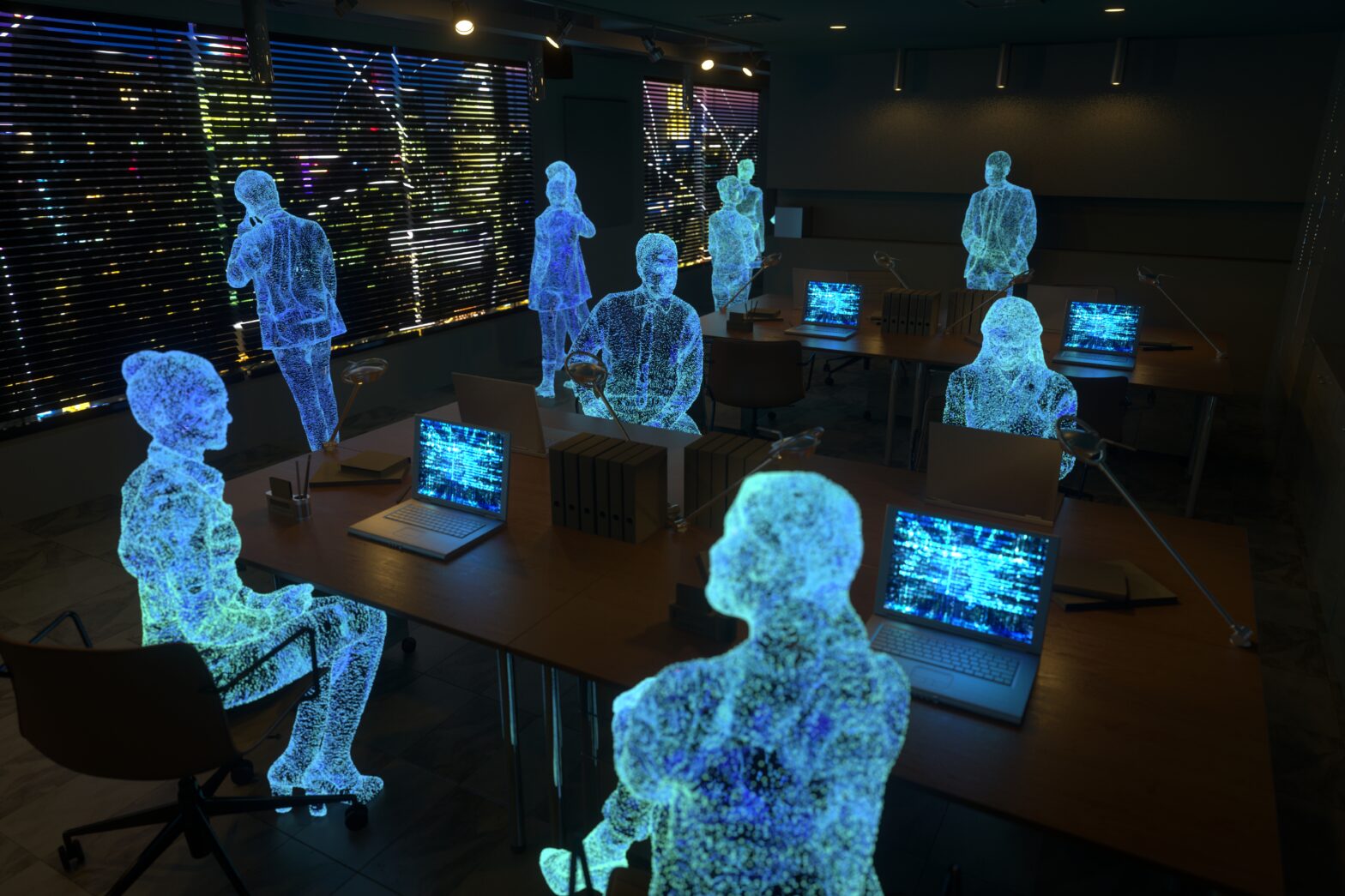PwC has developed a virtual reality (VR) experience that allows them to explore and better understand the range of potential future disruptions that could impact their organisation.
More than 100 people have been guided through the experience already as part of its pilot phase, including PwC’s clients in banking, transport, local government and the public sector.
>See also: Disrupt, transform or die. It’s time to enjoy the digital ride
Participants use VR to spot 20 potential disruptions around them in a future city environment and collectively rate their credibility and impact. The disruptions include emerging technologies such as megadrones, robotics and synthetic biology, as well as non-technology megatrends such as social and climate change.
The experience, a storytelling tool for businesses to engage with the future, was built with immersive content studio REWIND. It is being used by PwC’s newly launched disruption consulting team, led by partner, Leo Johnson, as part of workshops helping organisations to future-proof their business strategies.
“VR is a unique medium to tell the story of disruption, allowing our clients to experience the potential impact first-hand and bring their challenges to life in a much more immersive way,” said Jeremy Dalton, VR lead at PwC, said. “It enables far more meaningful conversations about the risks faced by each organisation as a result.”
>See also: How virtual reality is changing the business landscape
“This tool demonstrates there is far more to VR than gaming – it’s a technology with huge potential across a whole host of sectors, including professional services, with its power to engage people in a new way.”
The era of disruption
As organisations across industries scramble across each other to stave off disruption, those that employ emerging technologies are most likely to come out on top and survive in this increasingly competitive environment.
“Organisations are facing so many potential disruptions today – not only from technological advances, but from the collision of broader megatrends, from ageing populations to income inequality,” said Leo Johnson, disruption lead partner at PwC.
>See also: There’s more to VR than meets the eye
The challenge in overcoming disruption is to map out the potential barriers that an organisation could face, “separate out the reality from the hype, and then look at strategies to transform risk into opportunity,” continued Johnson.
“The value of the VR tool is that it brings the future into the present and allows our clients a first-hand glimpse of how exponential technologies will start to transform the business landscape.”










